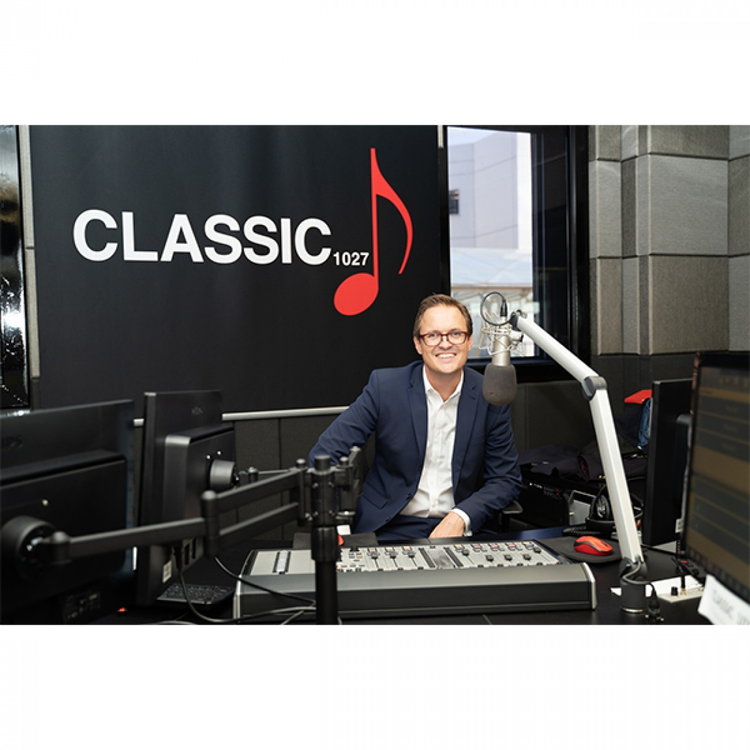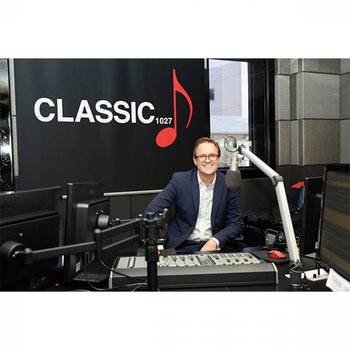
Electoral reform offers hope.
Loading player...
Ask most executives about what they would like to see more of in South Africa and they will say accountability is on the top 3, along with growth. Without political accountability actions will continue to be seen to serving the party ahead of the constituents these leaders are elected to serve. Ours will be a culture of ruling class and not a serving or governing class.
The necessity to develop a new electoral model in South Africa has long been fodder for debate from academics to political observers and activists, ever since the dawn of our democracy back in 1994 envisioned that our current proportional representation system was only temporary.
The spirit of van Zyl Slabbert has been spurred by a Constitutional Court judgement, now 9 months old, declaring the current electoral model invalid. It has given the legislature two years to introduce new legislation that will enable independent candidates to stand for election in the national and provincial spheres of government. And so, the clock is ticking with 15 months remaining. Michael Avery hosted two members of the Inclusive Society Institute, Roelf Meyer, Chief Government negotiator during the democratic transition in South Africa, former Minister of Constitutional Development, and currently a director of the In Transformation Initiative, & William Gumede, Professor at the University of the Witwatersrand School of Governance and Chairperson of Democracy Works Foundation; and Dr Charles Simpkins, economist and senior researcher at the Helen Suzman Foundation, to talk about the proposals and the way forward.
The necessity to develop a new electoral model in South Africa has long been fodder for debate from academics to political observers and activists, ever since the dawn of our democracy back in 1994 envisioned that our current proportional representation system was only temporary.
The spirit of van Zyl Slabbert has been spurred by a Constitutional Court judgement, now 9 months old, declaring the current electoral model invalid. It has given the legislature two years to introduce new legislation that will enable independent candidates to stand for election in the national and provincial spheres of government. And so, the clock is ticking with 15 months remaining. Michael Avery hosted two members of the Inclusive Society Institute, Roelf Meyer, Chief Government negotiator during the democratic transition in South Africa, former Minister of Constitutional Development, and currently a director of the In Transformation Initiative, & William Gumede, Professor at the University of the Witwatersrand School of Governance and Chairperson of Democracy Works Foundation; and Dr Charles Simpkins, economist and senior researcher at the Helen Suzman Foundation, to talk about the proposals and the way forward.

